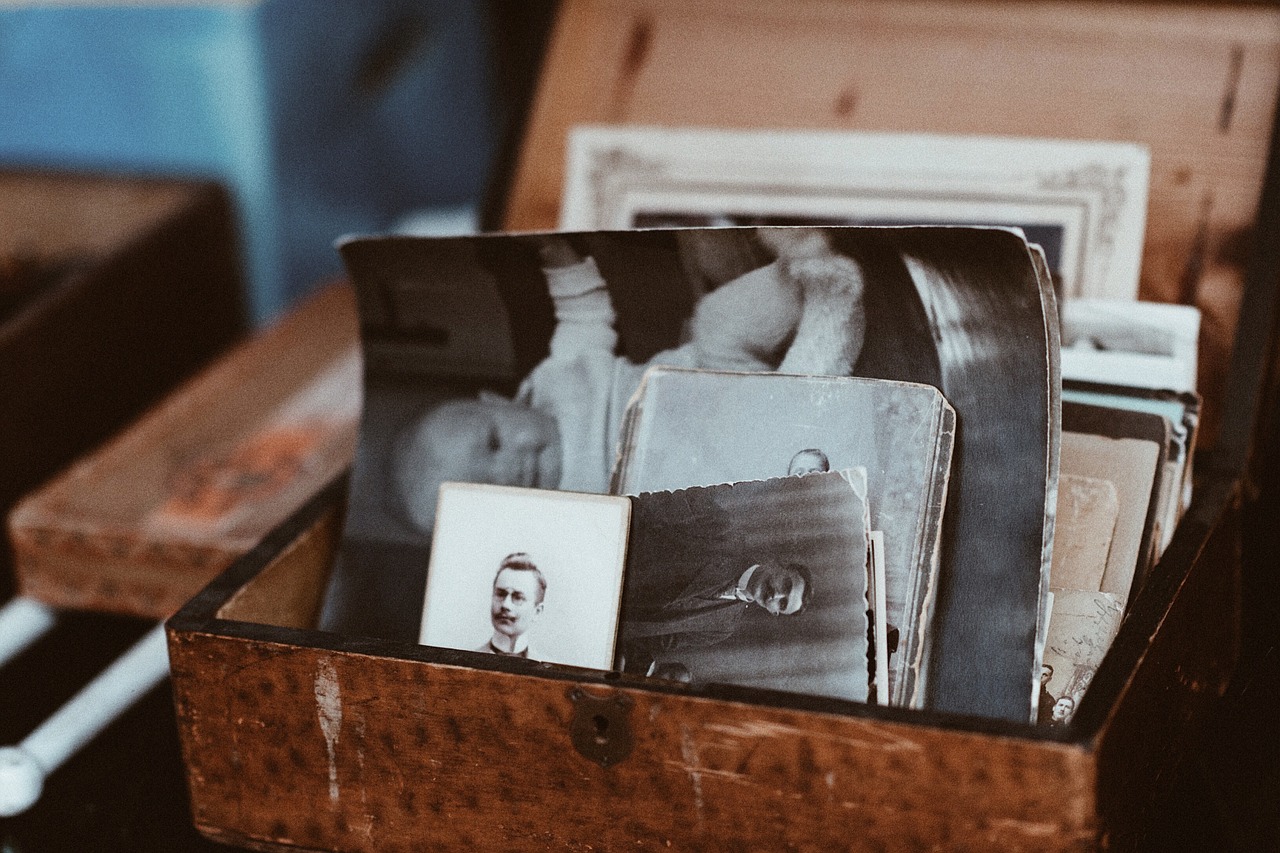by Peter Leavell, @PeterLeavell
Trend-lists in publishing always include historical fiction. It’s hot and has been for quite some time. There’s something about reliving the horrors or glory of the past, all the while knowing the outcome, that’s satisfying. Experts call it post-traumatic exposure therapy. Yep. Reading historical fiction is good for you. It’s therapy. And you can include historical fiction in your contemporary novel.
What is the Recent Historical Novel?
Historical Fiction is usually written in a time period outside the oldest working generation’s memory. World War II is a good example, and Vietnam is rising as the generation reaches retirement age. Both wars are pillars in time that hold up today’s society. Those time periods, and before, define historical fiction.
Recent Historical Novels are newer events. They include characters living in, or flashbacks, or even thoughts on a catastrophic event that is embedded in the collective memory of a nation or globe. A few novels I read last semester merge such events as Kennedy’s assassination or the Challenger explosion, 9/11, O.J. Simpson, Fukushima Daiichi nuclear plant, Katrina, Mount St. Helens, and the death of Osama Bin Laden.
These events aren’t used for period pieces. So, how do recent historical novels work?
The Human Element
We need news. And we get news. 24/7, as a society, we watch events unfold. We discuss Kennedy with our friends. We remember where we were when the Challenger burst into flames. Due to the globalization of news, we experience hurricanes, tornados, and tsunamis as they roar. Once finished, we need to relive the event, remember the horror, make sense of the pain and destruction. Through this social connection, we learn how to respond when the next event crashes upon us. Passing information—debriefing—is a powerful tool to strengthen society.
Contemporary Novel and the Past: How the Recent Historical Novel Works
Alexander Manshel calls the Recent Historical Novel “past perfect.” Readers aren’t looking to recall a simpler time, because survival in the past wasn’t simple. And there is little comfort in the last few decades, either. Just new problems. Instead of recreating the horrors, however, we’re linking, just like the past perfect aspects of grammar does for our writing, connecting the past to our lives today.
When a contemporary character thinks about Mount St. Helens, what does the massive explosion change in her life? As she comprehends the collective memory over time, is she more conscience of environmental issues? Especially when coupled with Fukushima? The character is trying to make sense of something that happened in the past, trying to see if society really changed. Did it? Is the world a better place after the recent events? If not, how does that change the character?
Making History
By using a recent event, you’re helping periodize the past, events as they were seen by you through your characters, much like Jane Austen and how she viewed her world.
Add the Recent Historical Novel to your work and see how deep the roots of your characters can grow!
Dino Hunters: Discovery in the Desert
 Siblings Josh and Abby Hunter don’t believe their parents’ death was an accident. After taking pictures of the most incredible find of the 1920’s—proof humans and dinosaurs lived together in the same time and place—desperate outlaws armed with tommy guns are on their tail! Only Josh and Abby know where the proof is hidden—in the canyons of Arizona’s desert. When an intruder searches Josh and Abby’s bags inside their new home, the two convince their uncle Dr. David Hunter to return to the canyon and find the pictures they’d hidden. But the outlaws are just as eager to find the proof before Josh and Abby. Can Josh use his super-smart brain to outfox the villains in time? Will Abby’s incredible physical abilities stop full-grown men? And will their uncle believe them?
Siblings Josh and Abby Hunter don’t believe their parents’ death was an accident. After taking pictures of the most incredible find of the 1920’s—proof humans and dinosaurs lived together in the same time and place—desperate outlaws armed with tommy guns are on their tail! Only Josh and Abby know where the proof is hidden—in the canyons of Arizona’s desert. When an intruder searches Josh and Abby’s bags inside their new home, the two convince their uncle Dr. David Hunter to return to the canyon and find the pictures they’d hidden. But the outlaws are just as eager to find the proof before Josh and Abby. Can Josh use his super-smart brain to outfox the villains in time? Will Abby’s incredible physical abilities stop full-grown men? And will their uncle believe them?
Dino Hunters is an apologetics-adventure series aimed at the middle reader to help them trust the Bible from the very first verse.

Peter Leavell, a 2007 graduate of Boise State University with a degree in history and currently enrolled in the University’s English Lit Graduate program, was the 2011 winner of Christian Writers Guild’s Operation First Novel contest, and 2013 Christian Retailing’s Best award for First-Time Author. A novelist, blogger, teacher, ghostwriter, jogger, biker, husband and father, Peter and his family live in Boise, Idaho. Learn more about Peter’s books, research, and family adventures at www.peterleavell.com.

